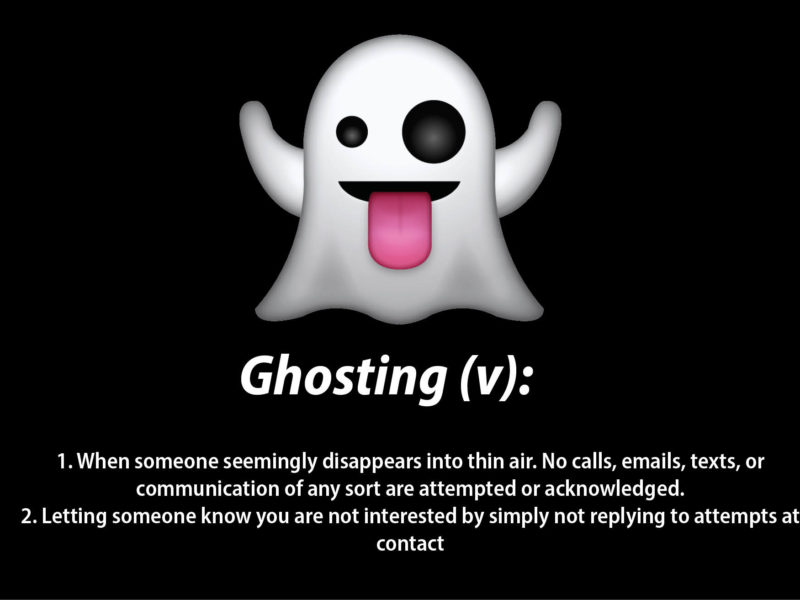Why Are You There?
The next time you arrive at a job interview, ask yourself why you are there. It sounds insultingly simple, however, may I suggest that you are not there to sit mute and only answer questions asked of you. Nor are you there to offer the bare minimum of information and say as little as possible. In short, you’re not a piece of furniture, so don’t be one, which circles us back to the question of: why are you there?
I am hoping you’re there because you choose to be and you want to leave the impression that you are interested in, or at least to learn more about the opportunity they are offering. Your objective, your goal, is to leave an impression such that you will be invited /elevated to the next step in the hiring process of further evaluation and not the process of elimination. Regardless of whether you will ultimately decide to go forward – you should seek to move forward.
From where I sit and reflect on the last 25 years I have been recruiting, job seekers are not only less prepared than ever, they are also more lifeless and mute than ever and it shows when they interview. Meanwhile, companies are growing more frustrated than ever with management lamenting the shortage of qualified, interested and effective candidates. They don’t say there is a shortage of bodies; there are a lot of people, yes, but far fewer who demonstrate themselves to be worthy of further consideration. This fact can be a big advantage for the person who wants to do well and makes a real effort.
I lecture to groups and consult with individuals and teach them the finer points of interviewing and negotiating in their own best interest. Sadly, however, more and more people lack the basic skills to be effective. So, let’s keep it simple; here’s my challenge to everyone engaging in the activity of looking for a new job:
Don’t blend in with the furniture; instead, actively participate with the hiring manager(s) during the entire interview process, at every stage. If that sounds easy than why do so few people do it. For example: you can start by not predictably reciting your resume, a copy of which they already have.
Here’s a novel idea and something to contemplate: during the interview, using your resume only as a point of reference, talk about and describe all the stuff that is NOT on your resume. After all, isn’t the resume a mere condensed synopsis of your career – surely, there is more to you than what little is described on a piece of paper. Elaborate, elucidate, accentuate and illustrate who you are, why you are there and why they should invite you back. Making a conscious effort to do this and involve yourself more fully, will propel you beyond everyone else, who simply show up to attend an interview.
If you think this topic has relevance and you would like to be better prepared and improve your chances; to have the information available for quick reference or someone you know will need it – then no question about it, you need my handbook. Think of it as a career survival guide providing useful and effective tips for every step of the job search and interview process, ready when you will need it. It is recently updated and there’s stuff in it you’ll find nowhere else; you can find more information here



